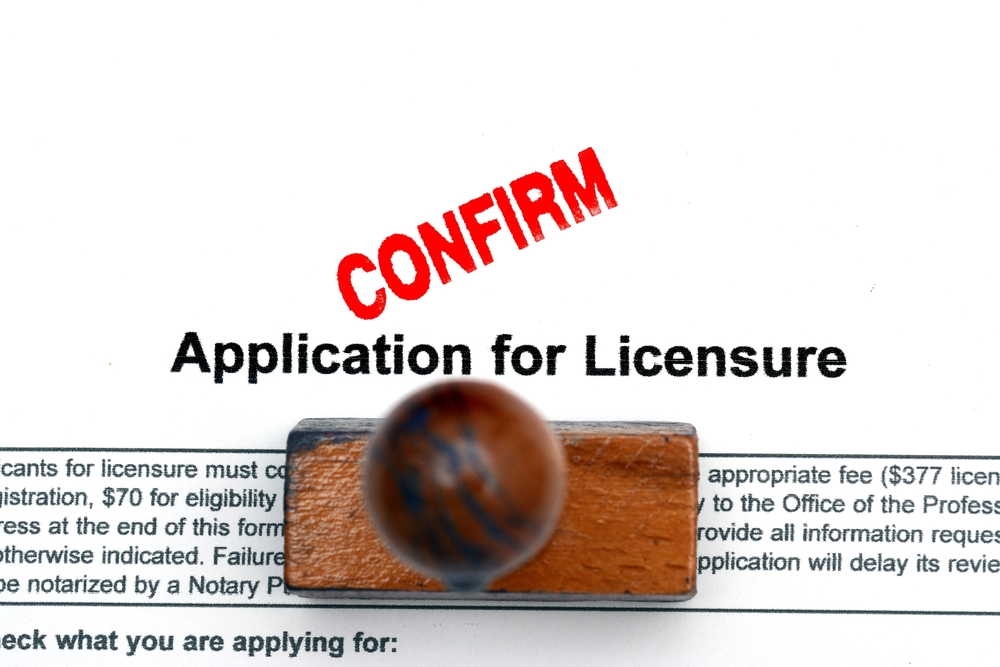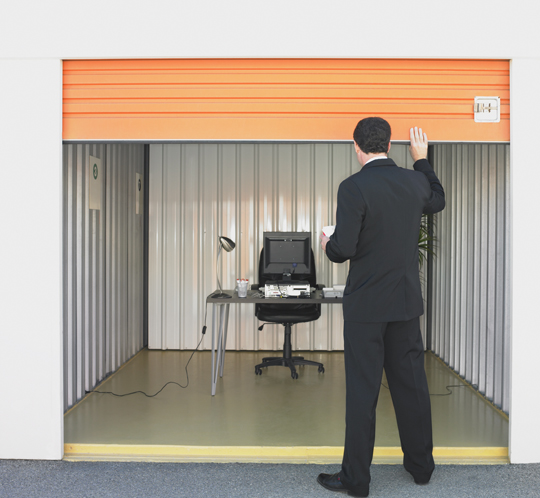Nobody likes dealing with rules and regulations, especially not when it comes to building permits. However, whether you’re a tenant or a contractor, you’ll almost certainly have to, but don’t worry because they’re not as complicated as they seem.
The Basics
It may seem surprising, but building permit laws are there for your protection – they ensure that contractors abide by construction standards, which means safer buildings for tenants. Their requirements also can help you figure out exactly how to go about your bigger DIY projects.
Almost any construction project requires a building permit, so whether you’re a contractor building a new home or a tenant trying to build new additions, it’s a good idea to familiarize yourself with local codes.
Minor projects like repairing walls, changing faucets, and painting don’t need permits, but there are specific permits for different types of projects, like plumbing and electrical work.
How do I get a building permit?
If you’re working with a contractor, your best bet is to let them handle the application; they’ll have the information and experience necessary to undergo the process, and are better-suited to take on the liability. Be wary of a contractor who resists taking out a permit – if they insist a permit is unnecessary, verify with your own research.
If you’re handling the project yourself, you can either go about the process yourself or find a building permit service. In the former case, you’ll need to present a building official with your plan; more extensive projects are best planned by a specialist like an architect, but you can draw up simple ones yourself. The official will then review your application for up to a few weeks.
Some municipalities offer pre-approved permits for projects that conform to a standard plan. It’s a good idea to check if your local government has a pre-approved plan for your specific project; this will both save time and provide helpful guidelines for your work.
Permit fees can range depending on the scope of your project. Small-scale projects can cost as little as $50, while larger ones may cost a few hundred dollars.
Building Permit Inspections
After receiving your permit, the official will carry out a number of inspections that varies by the scope of the project. The official taking out the permit plans these inspections, so be sure to ask which inspections are necessary and schedule accordingly. For example, a contractor building a new home must have the ground upon which he intends to pour concrete inspected.
The building inspector will only check for relevant concerns; for example, if you’re building a new wall, the inspector will not make sure your plumbing is up to code.
After Inspection
Inspections span the actual construction process, so after the last inspection, you’re done! The inspector may present a certificate that proves your project is up to code. Proudly display this certificate in your storage closet.
Securing a permit can be a hassle that you may not have time for; however, a skilled contractor can take care of it for you without you even needing to stand up! Get a leg up on your next project by heading to TalkLocal – enjoy free access to the unique search system that makes finding local service professionals a breeze.











